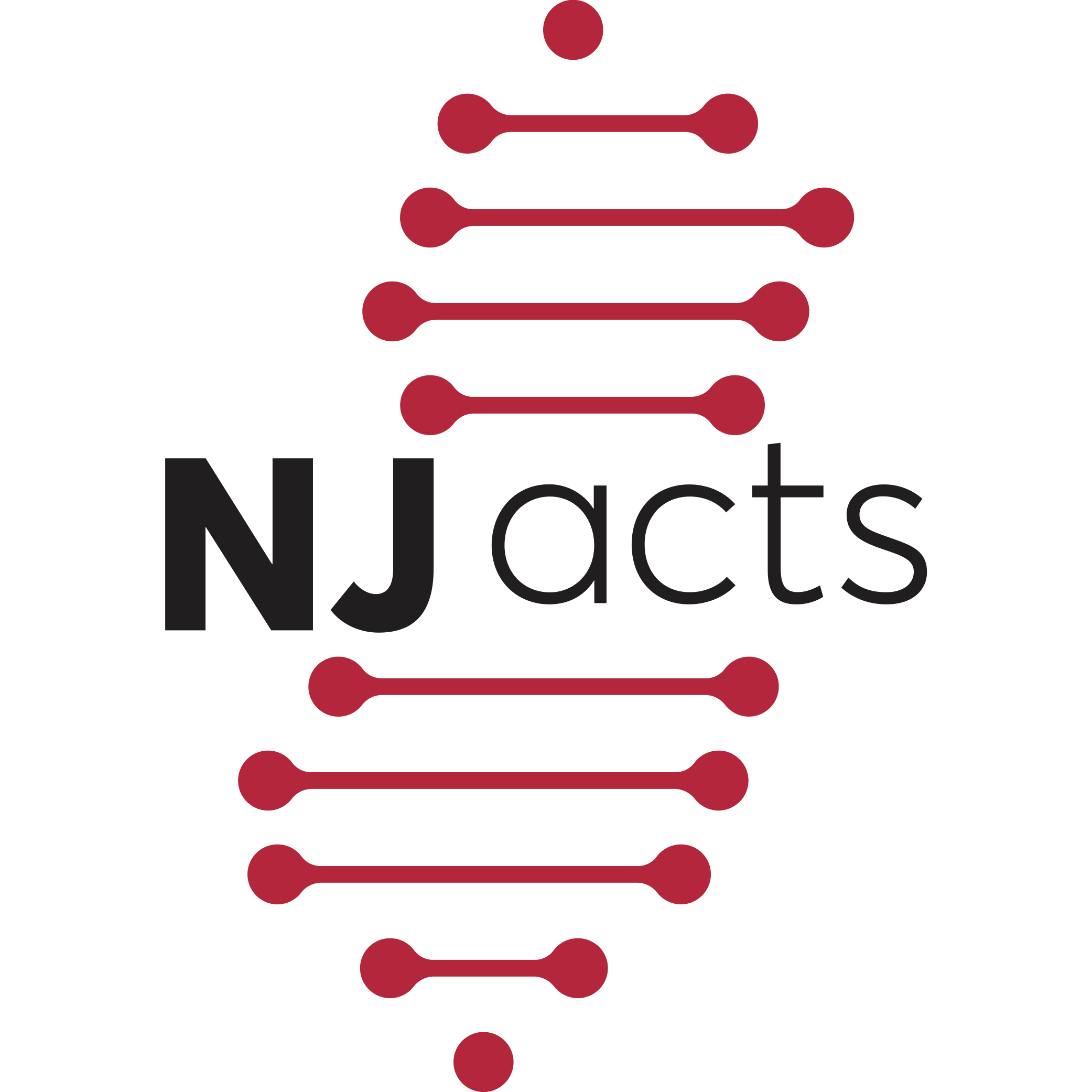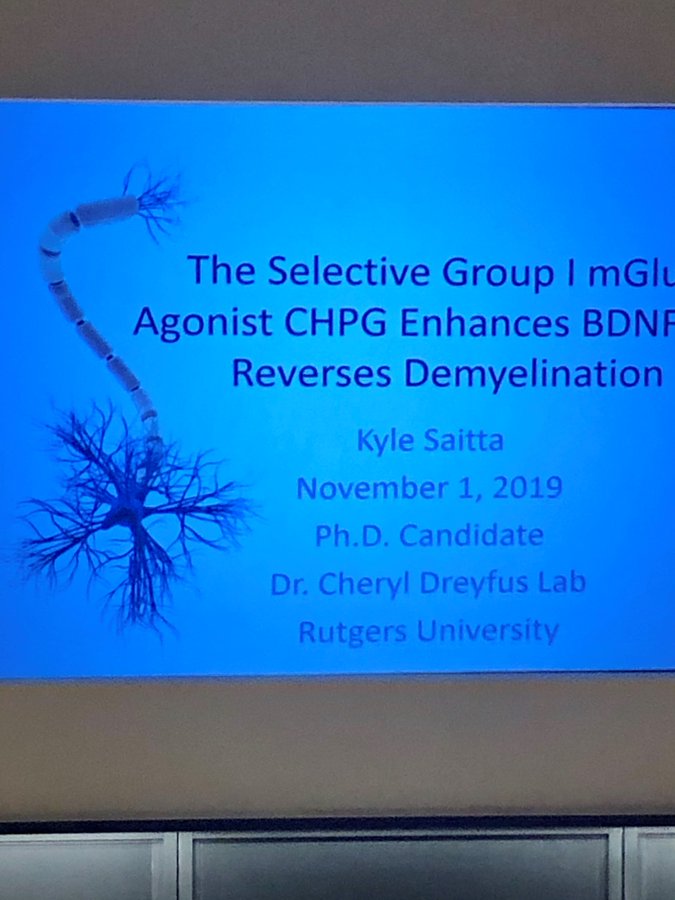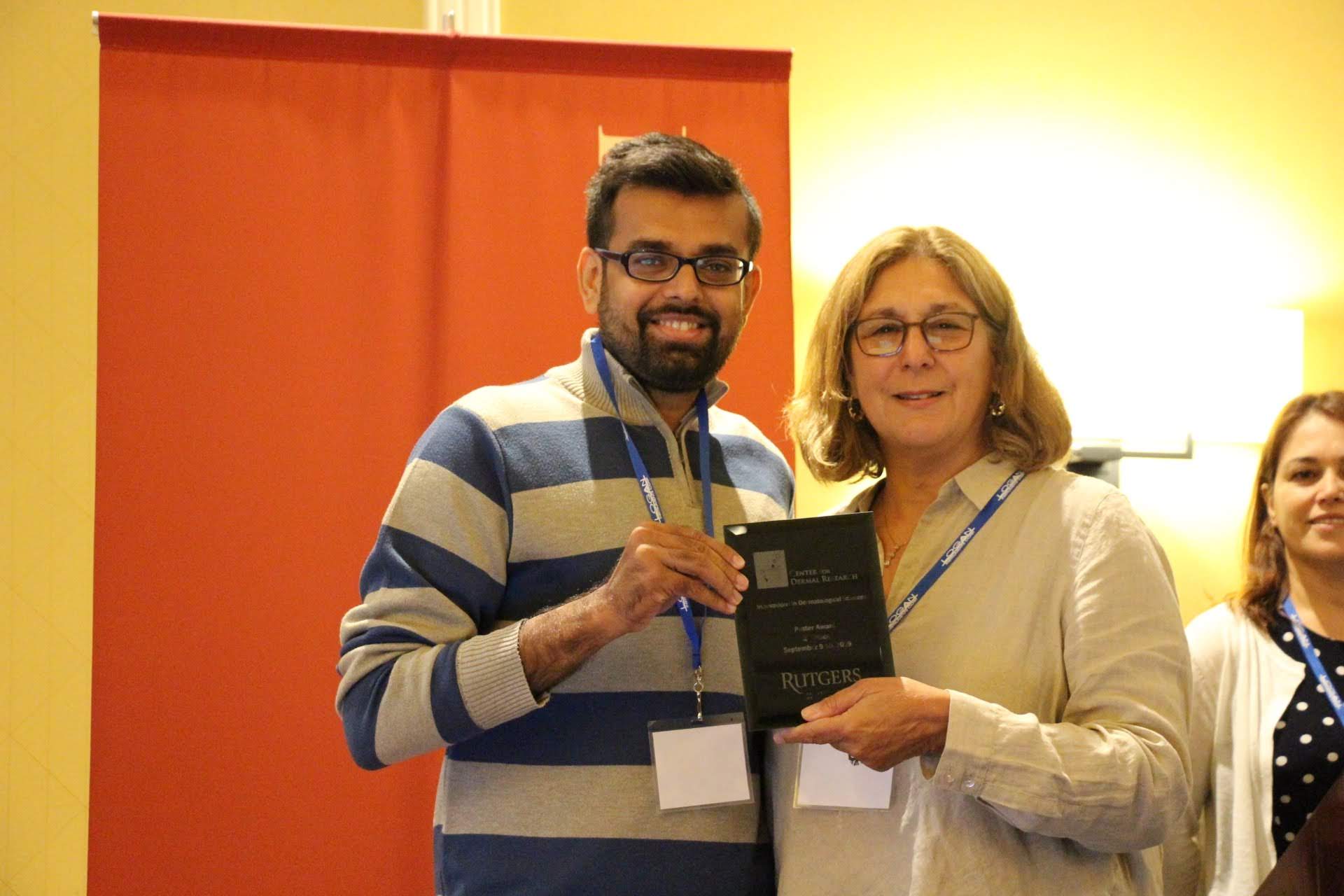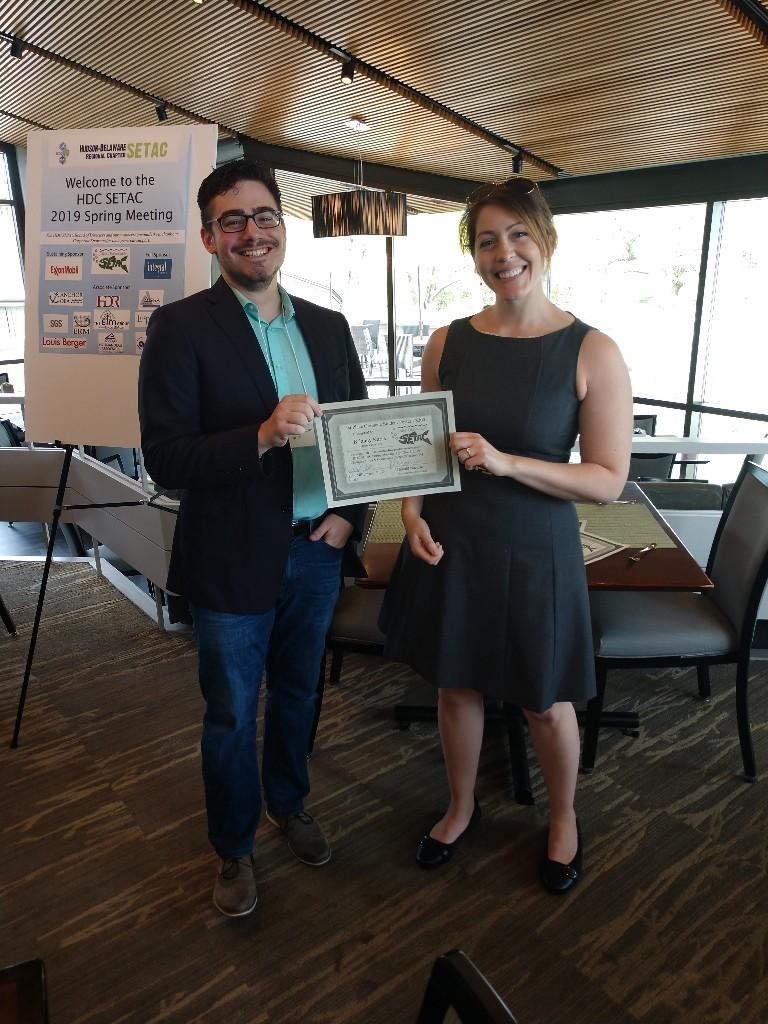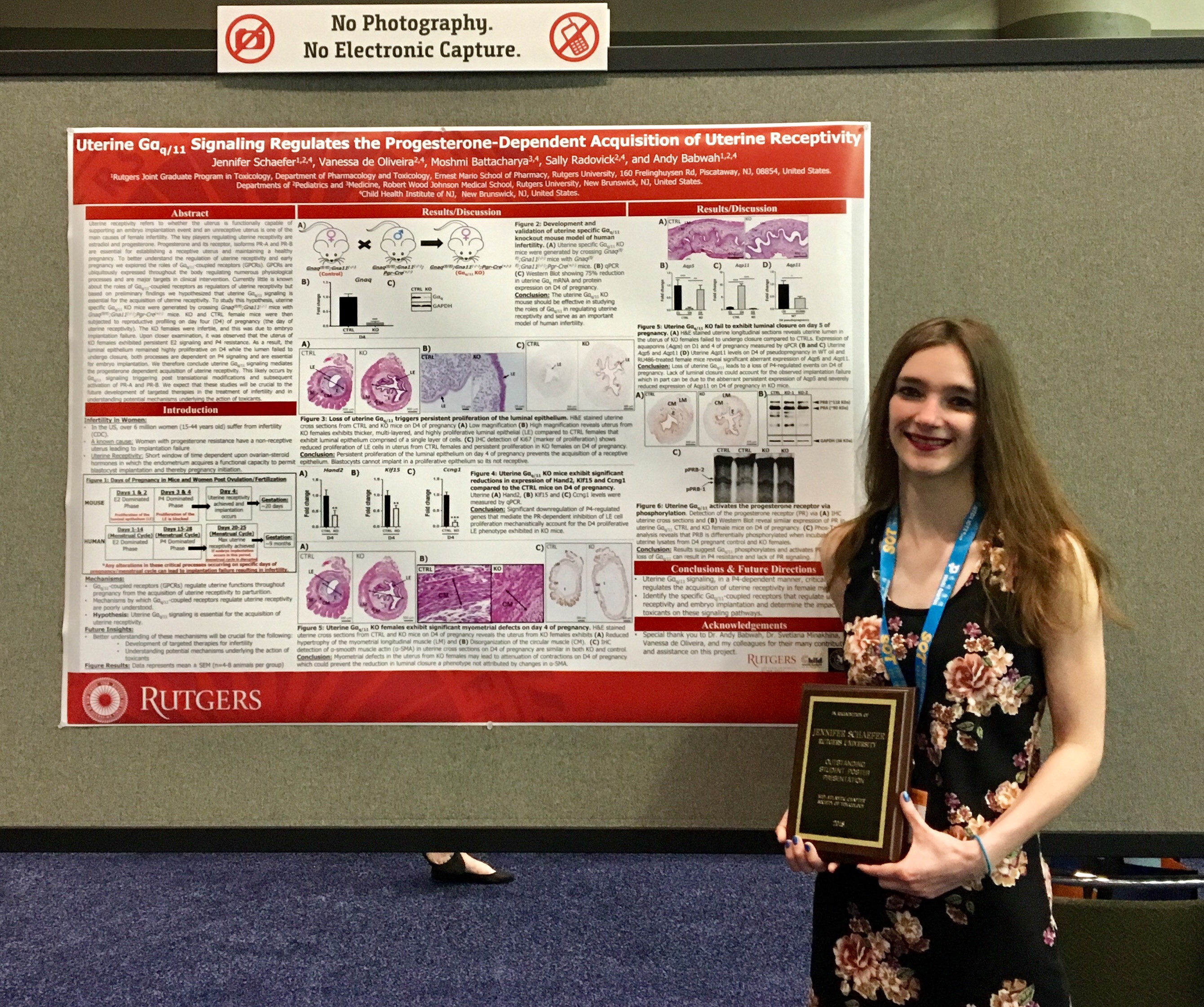
Skye Kelty was awarded the RBHS-IDEA Innovation Grant for her project “Tools for intentional integrity, diversity, and equity in community research”. Community research joins professionally trained researchers and broader community members to answer questions that are important to the community. Service learning, community-based participatory research (CBPR), and citizen science are examples of community research strategies. The […]

